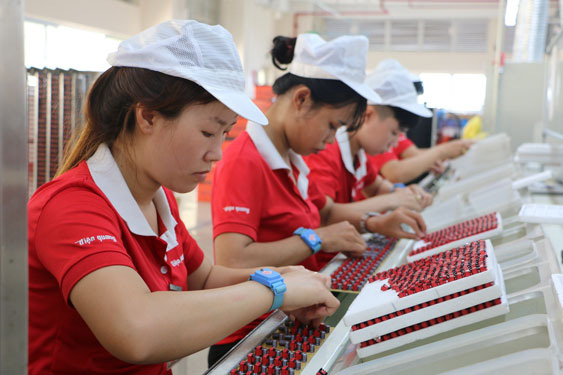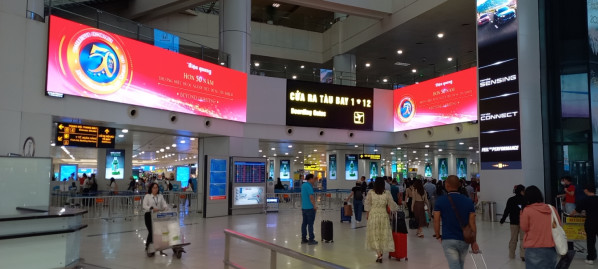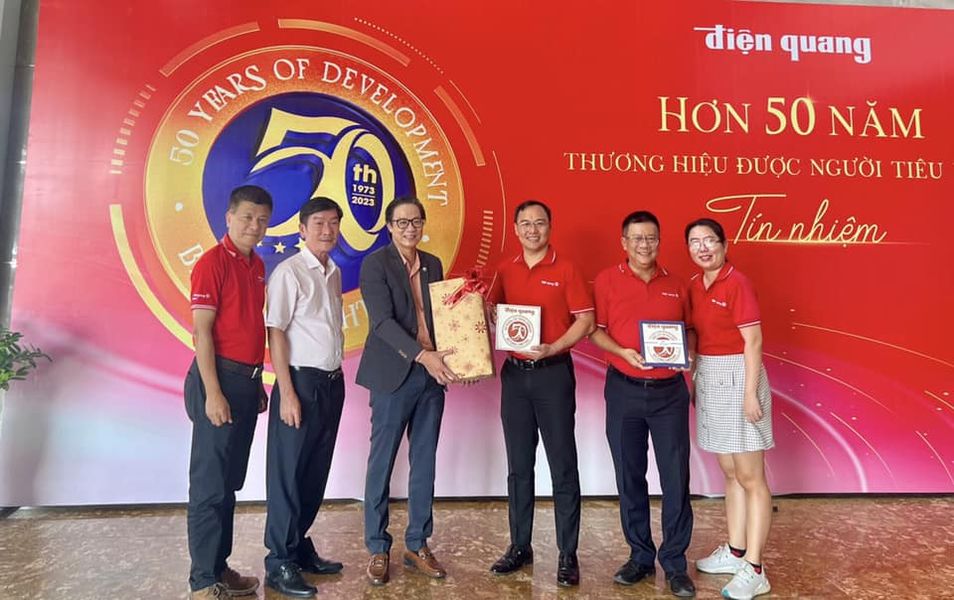Flexible response to Covid-19 epidemic
The more localized a business is and the more proactive it is in its input materials, the better it can adapt to the current difficult period.
Search for new sources of raw materials
The Covid-19 pandemic has caused serious damage to the global economy. In Vietnam, the consequences of the pandemic have reduced growth in many sectors. Many manufacturing industries have become more difficult due to their dependence on Chinese raw materials, while this supply is being disrupted and it is unknown when it will recover.
In Ho Chi Minh City alone, the impact is clearly shown in specific numbers: Ho Chi Minh City's industrial production index (IIP) in the first two months of the year decreased by 1.961%, of which 4 key industries are estimated to decrease by 3.211% (in the same period last year, it increased by 6.461%).
In all industries, the decline comes from both domestic purchasing power and export orders. The situation is more urgent as many businesses’ raw material reserves are almost depleted. While waiting for signs of recovery in goods from China, many businesses have proactively managed to avoid being caught up in the “Covid-19 storm”.
While most industrial manufacturing enterprises are heavily affected by the Covid-19 pandemic and are worried that production in the second quarter will stagnate due to a lack of raw materials, Dien Quang Lamp Joint Stock Company is still operating smoothly. Ms. Mai Thi Huong, Head of Communications Department of Dien Quang Lamp Joint Stock Company, said that the core point for Dien Quang to be able to confidently produce is thanks to the company being self-sufficient in both input materials and output markets.
“Dien Quang’s high-tech factory has been in operation since 2019, producing chips used in light bulbs. In addition, before Tet, the company has prepared raw materials for production until the end of the first quarter. Some of the components the company uses are from China and South Korea, both of which are markets heavily affected by the Covid-19 pandemic, so we have to proactively source components from India to replace them,” Ms. Huong revealed.
In addition to importing two shipments from India, Dien Quang also asked the research and development (R&D) and import-export departments to find alternative sources of raw materials domestically.
Pouchen Co., Ltd. is still making arrangements to maintain stable production at least until the end of this month, ensuring jobs for more than 62,000 workers. According to the company representative, Pouchen uses up to 60% of imported raw materials (mainly from China), so the epidemic and the disruption of raw materials from China have greatly affected the company's plans, and alternative raw materials from the Korean market are also having problems. While waiting for factories in China to resume operations and supply raw materials, the company is trying to find domestic sources of mesh fabric, leather fabric, and synthetic fabric to replace them.

Dien Quang Lamp Joint Stock Company has been proactive in both raw materials and business, so it has not been much affected by the Covid-19 epidemic.
In the photo: Electronic circuit board finishing department. Photo: THANH NHAN
Opportunities for domestic suppliers
In early February, enterprises in the Ho Chi Minh City High-Tech Park were the first members of the Ho Chi Minh City Export Processing Zones and Industrial Zones Association to propose to the Government solutions for the circulation of goods including raw materials, machinery, equipment and spare parts between Vietnam and China to maintain production and business activities for enterprises.
Ms. Le Bich Loan, acting head of the HCM City Hi-Tech Park Management Board, said that the general situation is that affected enterprises have flexibly implemented many solutions to overcome difficulties. Thanks to that, more than 80 enterprises in the Hi-Tech Park are still operating stably, although the output has decreased by 15% compared to the plan. Since most enterprises in the Hi-Tech Park are members of multinational corporations, in the short term, these enterprises have been coordinated and shared raw materials by their parent companies to maintain production.
At the same time, enterprises must find their own sources of raw materials from markets outside China as replacements. While raw materials from Japan, Europe, the US, etc. are expensive, have high costs and long transportation times, local raw materials with the advantages of low prices and fast transportation are being prioritized by enterprises. Currently, enterprises in the High-Tech Park only use about 28% of domestic raw materials for export. In the face of the epidemic, many enterprises plan to use up to 50% of domestic raw materials.
“Some enterprises are expanding their search for suppliers of raw materials, components, and accessories from domestic supporting industry enterprises. The High-Tech Park Management Board is also actively connecting and introducing enterprises in the park to domestic suppliers,” said Ms. Loan.
According to Ms. Loan, if viewed positively, the shortage of imported raw materials is an opportunity for domestic raw material and auxiliary material manufacturers to participate in the supply chain of FDI enterprises. However, to grasp this opportunity, Vietnamese supporting industry suppliers must quickly improve product quality, along with improving financial capacity and the ability to respond to orders quickly and stably.
According to Phuong An - Newspaper Nguoi Lao Dong
Source: https://nld.com.vn/kinh-te/linh-hoat-ung-pho-dich-covid-19-20200306230225619.htm














